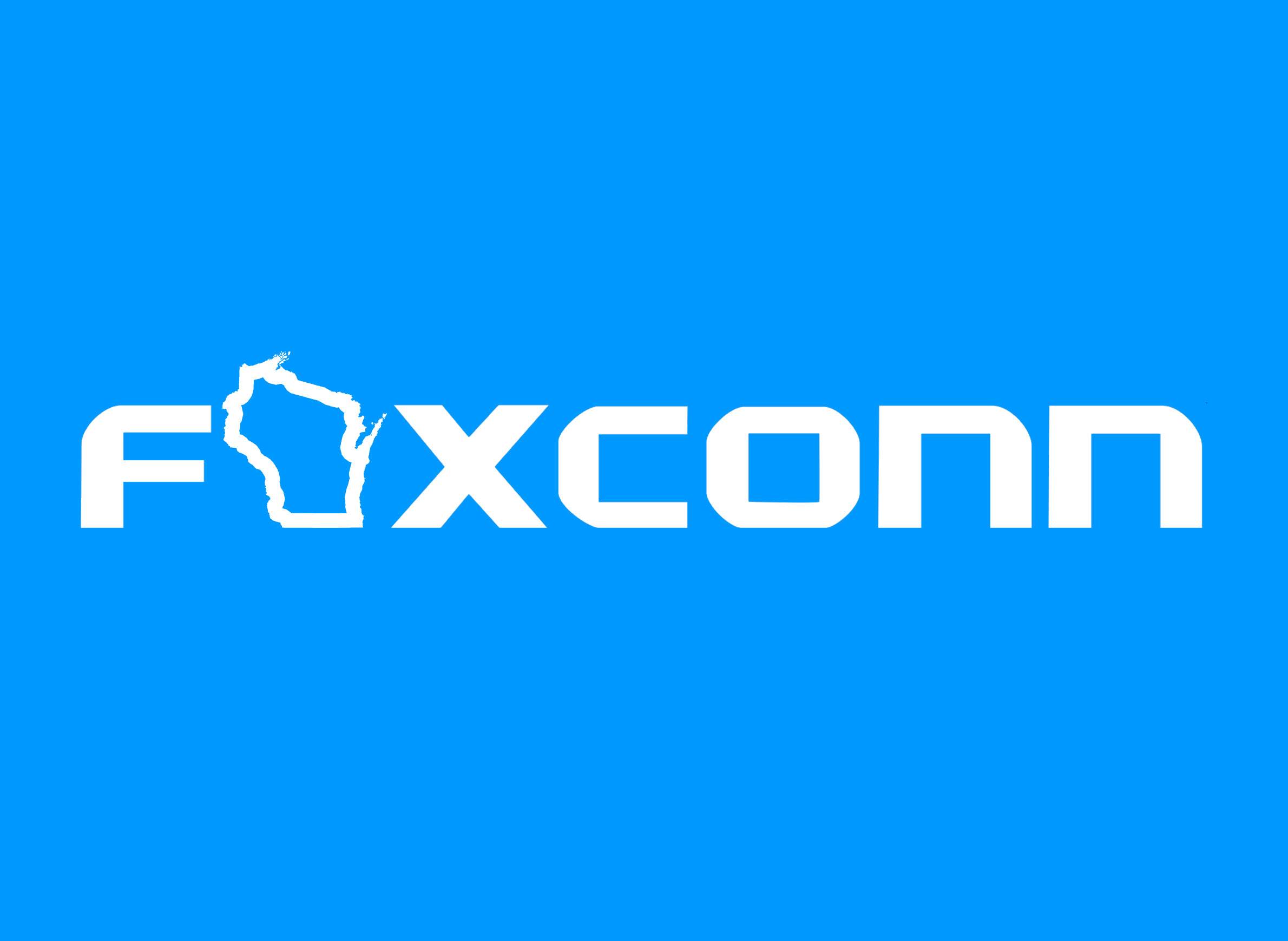
Wisconsin Enters New Territory With $3 Billion Foxconn Deal

The announcement that Wisconsin is ready to offer electronics manufacturer Foxconn $3 billion in incentives to build an LCD factory complex in the state is far from a done deal. Whether the proposed factory will become reality, deliver anywhere near the number of jobs the company and state officials have touted, or even avail itself of everything Wisconsin has put on the table are questions that won't be fully answered for several years.
But there is enough information out there for economists to ask serious questions about whether the state goes into this deal with solid footing. Foxconn has entered into similar agreements in the past only to back out, and Wisconsin has had several much smaller economic-development efforts go awry during Gov. Scott Walker's tenure. Whether or not the state is capable of handling a deal of such historic scale, staking billions in incentives on bringing one company to Wisconsin is pretty new territory for the state government.
"Wisconsin historically has not played this game," University of Wisconsin-Madison professor of agriculture and applied economics Steven Deller said during a July 28, 2017 interview on Wisconsin Public Television's Here & Now.
"They will put together a reasonable package and say, 'Take it or leave it,'" he said.
Typically, Wisconsin has tried to woo companies by offering to invest in infrastructure or education, or at the very most by offering some tax deferments, Deller explained. So in that sense, offering $3 billion in tax breaks for Foxconn, as well as other incentives that exempt the firm from many state environmental regulations, is a new approach.
Deller, who is also a community economic development specialist with UW-Extension, was initially inclined to be skeptical of the state's incentives package. But after looking into the details, he said on Here & Now, he was convinced that the deal has proper safeguards built in.
"Any job paid less than $30,000 doesn't count" toward Foxconn's claim that it will create 13,000 jobs. "There's clawback provisions," Deller added, referring to fine print that would allow the state to withhold incentives if the company doesn't perform as promised.
Deller pointed out, though, that if the Foxconn deal works out, Wisconsin might be doing Illinois a favor with no real investment from its southern neighbor. He also cautioned in a general way against placing too much emphasis on deals like this to advance a state's economy.
"States will start bidding against each other to attract a company like this," Deller said. "And some states get wrapped up in that game. They get so focused on winning the game that they sometimes lose track that they are playing with taxpayers' money."
In another interview on the same edition of Here & Now, economist Einar Tangen struck a far more cautious tone. As an economist who's followed Foxconn for more than a decade, he pointed out that people taking the 13,000 jobs pitch at face value are overlooking the role automation plays in electronics manufacturing.
"My guess is a lot of it will be automation and as few employees as possible," Tangen said.
While Tangen sees potential for the deal to help grow a new Midwestern tech corridor, he questioned whether it will serve the population of Wisconsin as a whole.
"I think the average person will decide that no, this probably is not a good deal," he said. "The idea that the state is going to support this area is going to be a hard pill to swallow for those in maybe perhaps northern Wisconsin who see very little of this kind of activity, and they are going to wonder why this money is being spent.


